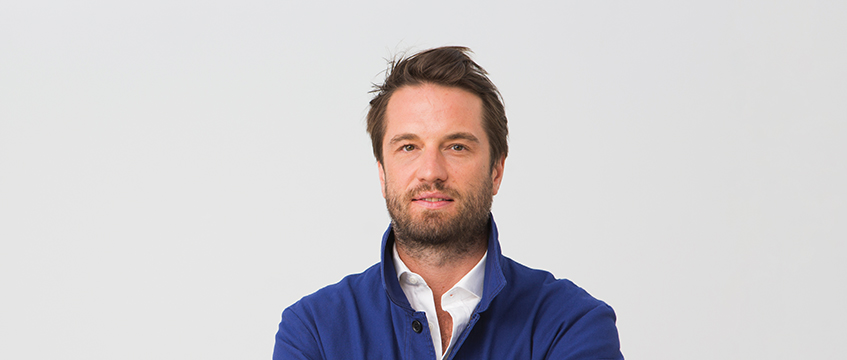COMMENT Since 2020, we have oscillated between opposing views about the future of work. The nihilists predicted an irreversible rejection of the office. Then the back-to-your-deskers theorised that, after a sugar rush of freedom, we would revert to form driven by our base yearning for social interaction, or by tyrannical bosses that fear a generation of unproductive slackers corrupted by online shopping.
The data doesn’t help. The Office for National Statistics lifestyle survey shows a 66% reduction in adults working from home entirely since 2020. But, conversely, nearly 70% of people report working in hybrid patterns in 2024, while the largest segments of Gen Z and Millennial workers say that some form of hybrid arrangement works best for them.
A resounding rejection of the office this is not. Nor is it a wholesale endorsement of digital nativism. This is reflected in the fact that, despite the noise of the nihilists, offices stocks have reduced by less than 1% over the last four years. The boom or bust dichotomy might be entertaining, but all the data suggests that, while working habits are undeniably changing, we are still talking about degrees of nuance rather than something more absolute.
Beyond green walls
The pandemic’s fundamental lesson wasn’t really anything to do with offices. What it did was super-charge how integrally we value choice, particularly now we know what is possible through technology. We have to make workers value offices when they feel increasingly confident in their ability to exercise choice, whether that is to work remotely or change employer entirely.
We can tackle this challenge by elevating our design aspirations, particularly how we integrate nature, to make choosing office-based work more attractive. Studies show that 70% of Gen Z workers lack fulfilment while a third report suffering from mental health problems. But only 17% report that their desired working pattern would be fully remote.
It is not unreasonable therefore to conclude that more inspirational places could help address these issues. Similarly, with 77% of younger professionals suggesting they are likely to leave their employer, place can play a hugely important role in productivity and talent retention.
Focus on wellness
While tech-enabled workspaces are a baseline requirement, I think our design focus needs to be on spaces that promote emotional wellbeing through grounding and disconnection. In America, 2.8m “dumb devices” (such as phones that do not connect to the internet) were sold last year as people look to escape the relentlessness of digital life.
Conversely, studies in Denmark have shown those living close to green spaces are 55% less likely to suffer anxiety, while reports from Business in the Community cite a 15% increase in productivity from access to green spaces. We need to think bigger than green walls, roof gardens and pot plants.
Complex future
Next, we need to redefine “core” markets, then raise the quality of design outside of traditional hot spots. In the four years pre-pandemic, office stock in the City of London grew by 30% while most other regions expanded more mutedly. Since 2020 City of London stocks have fallen 11% while regions like the Northwest, Midlands, South West and South East have all grown.
This mirrors activity in the residential market, with transactions going up across English regions between 10% and 20% since the pandemic as people opt for more space and nature.
We are seeing a geographical rebalancing so we should be offering high quality offices in new locations, near where people want to live.
The future of the office is complex, but there is a future. We need to avoid thinking in absolutes and focus on practical design principles. For me, raising design quality in newly popular regional markets and promoting wellbeing through nature are good starting points if we want to re-energise future generations about coming to work. I am looking forward to the ideas others put forward in the years ahead.
Ian Dollamore is the founder of Urban Infill
Share your feedback











